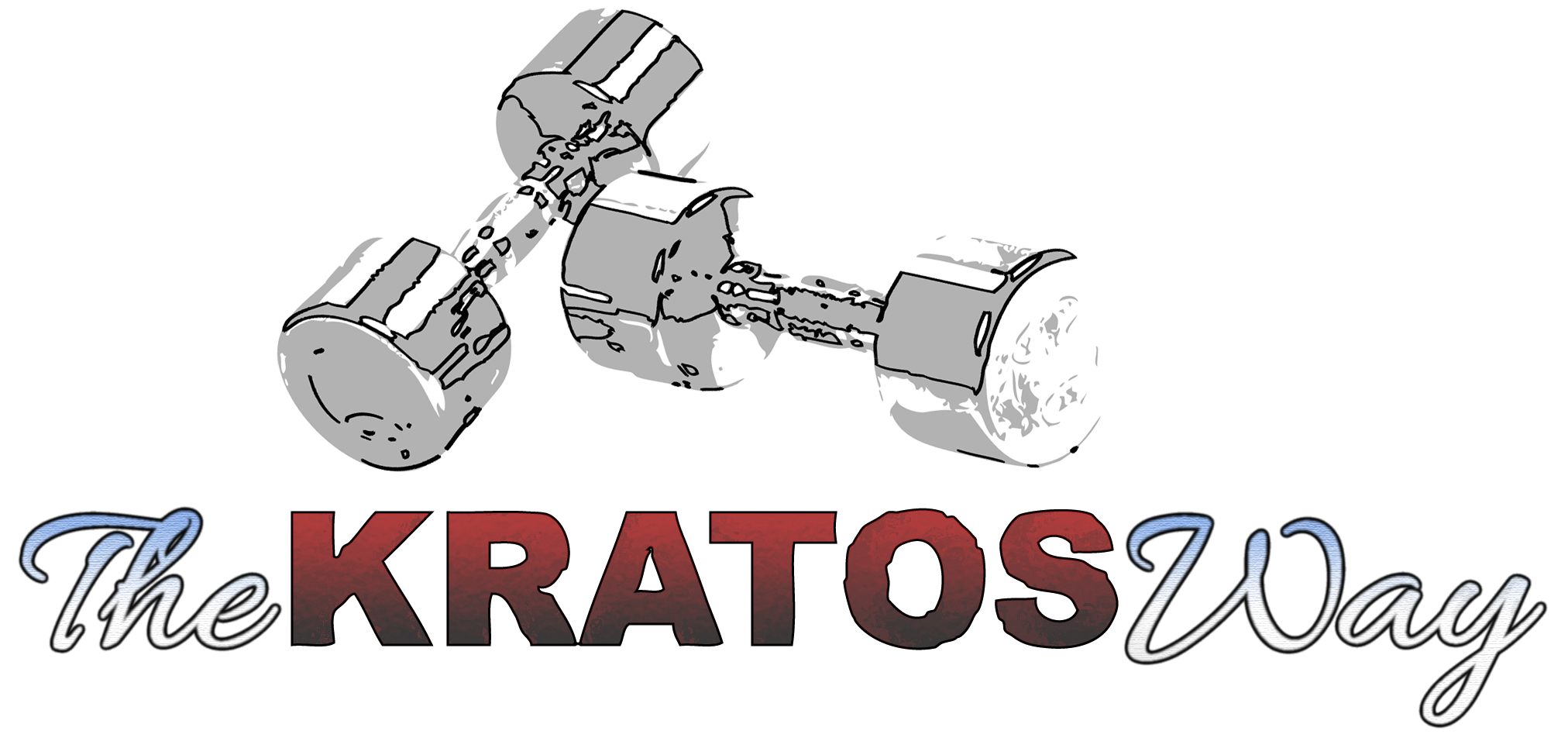

|
#14. Balancing health goals with community roles Monday, September 28, 2020 Our fitness journey may be a lifelong one, but that's not how we experience it. We experience it one day at a time. And every one of those days is remarkably similar: We wake up, urinate, see a disheveled version of ourselves in the mirror, perform some morning rituals (coffee before hygiene), and then take on the day (work, exercise, probably some more coffee, etc.). When it's all over, we urinate one last time, see an exhausted version of ourselves in the mirror, and return to bed. In a way, the mirror functions as the parentheses of our days. At every entry into the world, and every departure from it, we encounter our reflection. Depending on what we see, this can either be encouraging or dispiriting. If we're making great progress in our fitness journey, our mirrored self can be an increasingly flattering companion. It's rewarding to see the curvy dividends of our investments. Watching the petite-ing of our plumps and the mighty-ing of our meats can be a serious mood enhancer. But sometimes we get carried away, and find ourselves a bit too aware of our nearest reflection. This is a sign that fitness has become an obsession. And obsessions -- even "healthy" ones -- can detract from more important priorities. If we gaze through a pane of non-reflective glass (i.e., a window), we'll see a whole world outside, filled with people who are not us. Society (more or less civil) exists everywhere we look. It circles the globe. And a meaningful life involves meaningful engagement with it. That can be hard to do when every minute of our waking lives is consumed with the sculpting of our reflections. Employment, church, driving a friend to the airport... life is full of activities that disrupt what could otherwise be a perfectly-calibrated pursuit of perfect health. Maybe we miss a meal or cut exercise short, and our sleep schedules may suffer the most. But that's part of life. And #LivingOurBestLife means we can't always adhere to a rigid routine of fitness optimization. Sometimes community has to come first. We should never be forced to sacrifice either, health or community; we just need to find a balance. And, luckily, this isn't as hard as it might seem. Let's get to the tips: Tip 1) We can't always control our environment. Perhaps we're eating at someone else's table -- it could be a family reunion or a restaurant with work colleagues or some sort of philanthropy banquet -- and we don't want to be, you know, uncivilized. But we also don't feel like surrendering our health completely. No matter what situation we find ourselves in, there's a middle ground. One parcel of this particular middle ground is postprandial exercise. It works like this: if you succumb to a disastrous meal, you can mitigate some of the disaster by engaging in prolonged, mild exercise immediately after. In any feeding frenzy, what harms us is not the number of calories we eat, but how our body processes them. And during exercise, bodies process calories far less harmfully. Sedentary digestion, especially after gluttonizing the carbohydrate dishes, makes our metabolism cranky. It becomes less permissive of progress in our health journeys. For a while. But we can placate its tantrum with postprandial exercise. So eat like a normal person who is enjoying the experience, but go for a long walk shortly after your last swallow. Tip 2) I have found, and I think you will too, that family and friends (those who truly earn their place in your inner-community) will come to support you. Yeah, maybe you're being a little excessive here and there, but that's what the pursuit of passion looks like. And passion arouses joy. And we all want to see our loved ones filled with joy. So, in my experience, when friends and family aren't supportive, it's because we haven't done a good enough job explaining what health and fitness mean to us. Imagine you had a brother who spent every weekend in the garage, hammering away at a wooden crate with skateboard wheels on it. You'd think it was weird and unsociable until he explained to you that his goal in life was to become a world-class soapbox derby competitor. If you loved this brother, how could you not nurture his joy? Tip 3) If, after a Pulitzer-worthy explanation of your passion, you still find your friends and family organizing an intervention, maybe you have become a little too withdrawn from social engagement. The increasingly ripped and veiny apparition in the mirror sustains a lonely friendship. It may feel rewarding in the moment, but it nurtures no lingering sentimentality. What really matters five years from now -- what we look back on with fond reflections -- is the role we have in our communities. But balancing that with the pursuit of your passions is a wonderful place to be. 
|